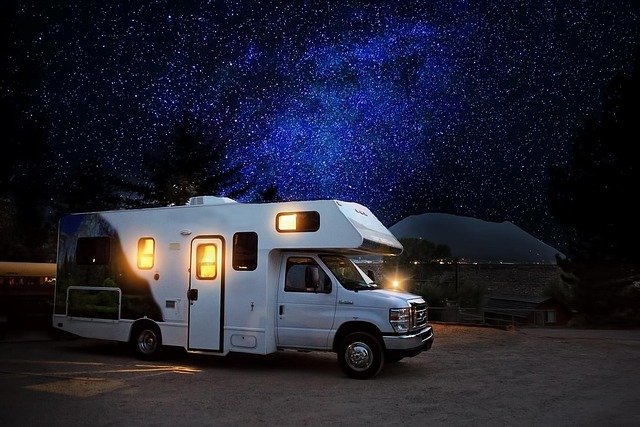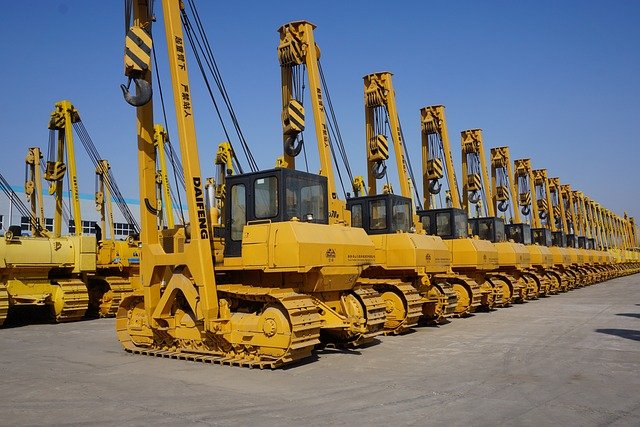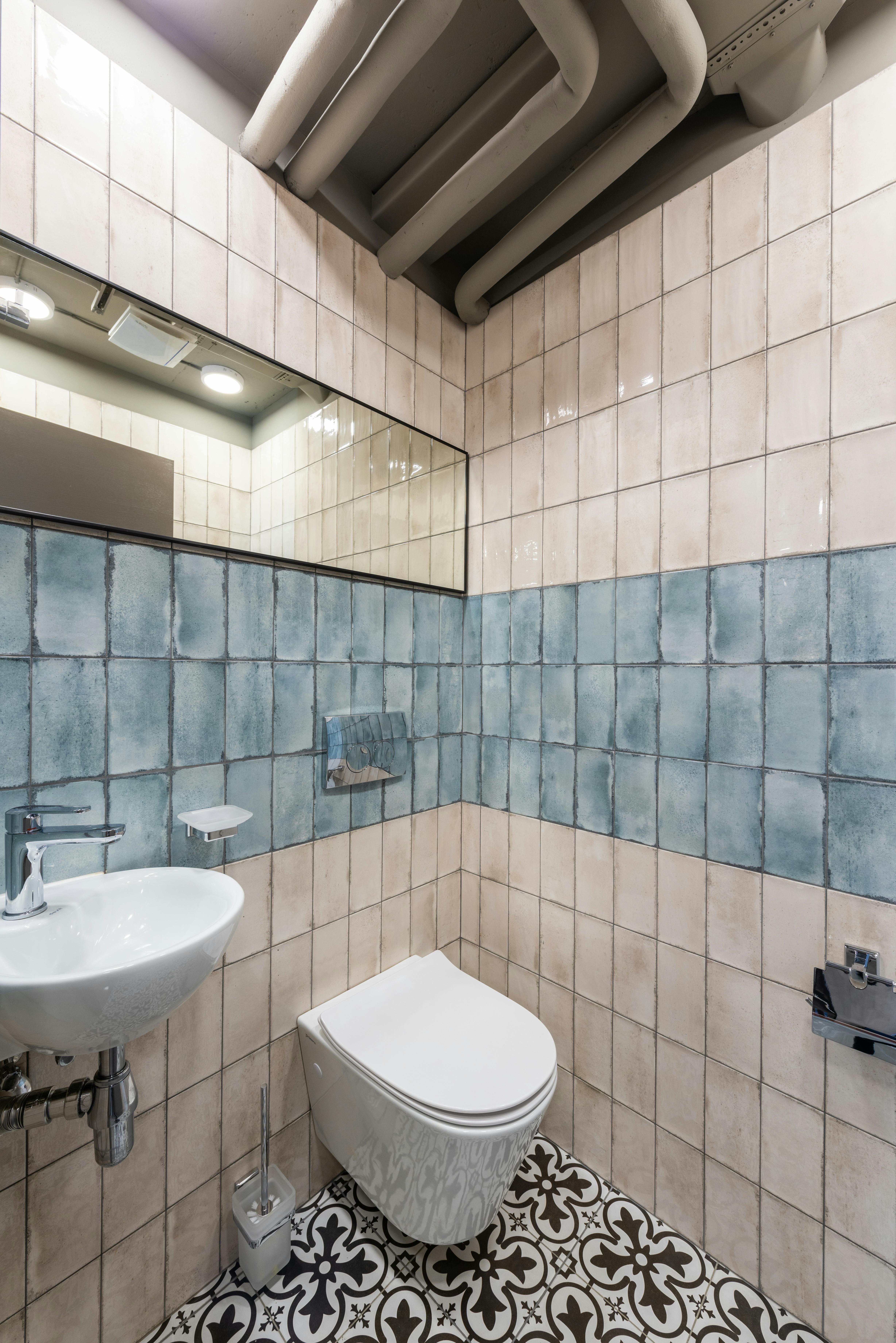Selecting the Right Camper Size for Your Travel Adventures
Wondering what size camper suits short vs. long trips? Smaller campers offer convenience and easy travel for quick getaways, while larger models provide added comfort and storage for extended adventures. Choosing the right size depends on trip length, lifestyle, and travel needs.

What Size Camper Is Best for Short vs. Long Trips?
Short trips typically benefit from compact, easy-to-maneuver campers that prioritize convenience over extensive living space. Class B motorhomes, ranging from 18 to 24 feet, offer excellent fuel efficiency and can navigate tight camping spots while providing basic amenities like sleeping areas, compact kitchens, and small bathrooms. Pop-up campers and small travel trailers under 20 feet also work well for weekend adventures, offering quick setup times and simplified towing requirements.
Long-term travel demands more comprehensive living arrangements. Class A motorhomes, spanning 26 to 45 feet, provide residential-style amenities including full kitchens, spacious bathrooms, separate bedrooms, and ample storage. Large travel trailers and fifth wheels offer similar space benefits while maintaining the flexibility of unhitching for local exploration. These larger units accommodate extended stays with features like washer-dryer hookups, multiple slide-outs, and dedicated workspaces.
Choosing the Right Camper Size for Weekend Getaways
Weekend getaways prioritize mobility and simplicity over extensive amenities. Teardrop trailers, measuring 8 to 12 feet, provide basic sleeping quarters and outdoor cooking capabilities while remaining lightweight and highly maneuverable. Small travel trailers between 12 and 20 feet offer additional interior space for basic meal preparation and weather protection without overwhelming novice towers.
Class B+ motorhomes, typically 20 to 25 feet long, strike an excellent balance for weekend travelers who prefer self-contained units. These vehicles provide comfortable sleeping for two to four people, compact but functional kitchens, and small bathrooms while maintaining reasonable fuel economy and parking flexibility. Their size allows access to most campgrounds and parking areas without requiring specialized driving skills or commercial licenses.
How to Pick the Perfect Camper Size for Your Travel Plans
Successful camper selection begins with honest assessment of your travel patterns, group size, and comfort requirements. Consider the number of people traveling regularly, desired amenities, towing vehicle capabilities, and storage options when not in use. Evaluate your camping preferences, including whether you prefer developed campgrounds with hookups or remote boondocking locations that require self-sufficiency.
Budget considerations extend beyond initial purchase prices to include fuel costs, maintenance expenses, insurance rates, and campground fees. Larger units typically consume more fuel and require more expensive maintenance while offering greater comfort and amenities. Storage costs also increase with camper size, as larger units may require specialized storage facilities rather than home driveways or standard storage lots.
| Camper Type | Length Range | Typical Cost | Best Use Case |
|---|---|---|---|
| Teardrop Trailer | 8-12 feet | $15,000-$30,000 | Weekend trips, couples |
| Small Travel Trailer | 12-20 feet | $20,000-$40,000 | Short trips, small families |
| Class B Motorhome | 18-24 feet | $80,000-$150,000 | Versatile travel, easy parking |
| Large Travel Trailer | 25-35 feet | $35,000-$80,000 | Extended travel, families |
| Class A Motorhome | 26-45 feet | $100,000-$500,000+ | Full-time living, luxury travel |
Prices, rates, or cost estimates mentioned in this article are based on the latest available information but may change over time. Independent research is advised before making financial decisions.
Practical Considerations for Size Selection
Towing capacity represents a crucial factor when considering towable campers. Most standard pickup trucks can safely tow trailers up to 25 feet, while larger units require heavy-duty trucks with appropriate towing packages. Motorhomes eliminate towing concerns but may require special licenses for units over certain weight limits, varying by state regulations.
Campground accessibility varies significantly based on camper size. Many state and national parks impose length restrictions, typically limiting RVs to 30 or 35 feet. Remote camping locations often feature narrow roads, low-hanging branches, or tight turns that challenge larger units. Research destination requirements before selecting camper sizes, particularly for specific parks or camping areas you plan to visit frequently.
Storage and Maintenance Factors
Home storage capabilities influence camper size decisions for many buyers. Smaller units often fit in standard driveways or home garages, while larger campers require dedicated RV parking or commercial storage facilities. Storage costs range from $50 to $300 monthly depending on location and facility amenities, adding significant annual expenses for larger units.
Maintenance complexity and costs generally increase with camper size and amenities. Larger units feature more systems requiring regular service, including multiple air conditioning units, complex electrical systems, and larger fresh water and waste tanks. Consider local service availability and your mechanical aptitude when evaluating different camper sizes and their long-term ownership implications.
Selecting the appropriate camper size ultimately depends on balancing your travel goals, comfort requirements, and practical limitations. Weekend warriors often find compact units perfectly adequate, while extended travelers typically appreciate the additional space and amenities larger campers provide. Consider renting different sized units before purchasing to experience firsthand how various sizes meet your specific travel needs and preferences.




